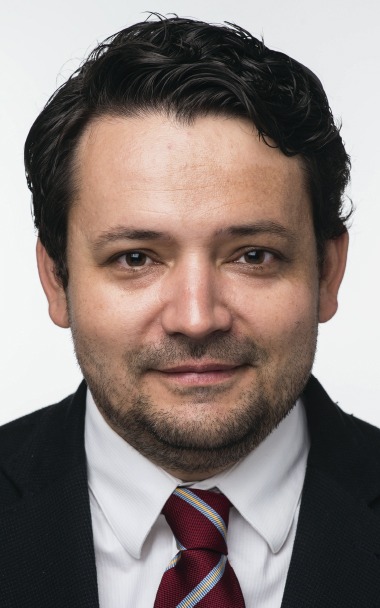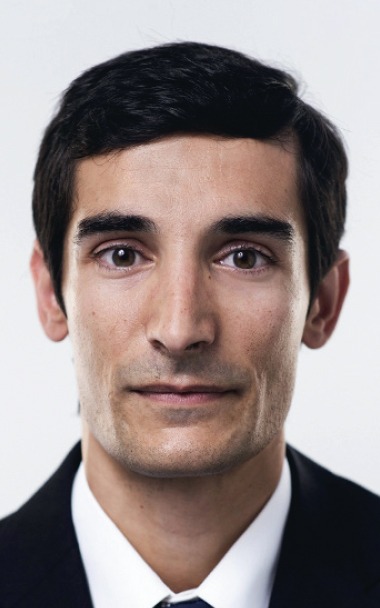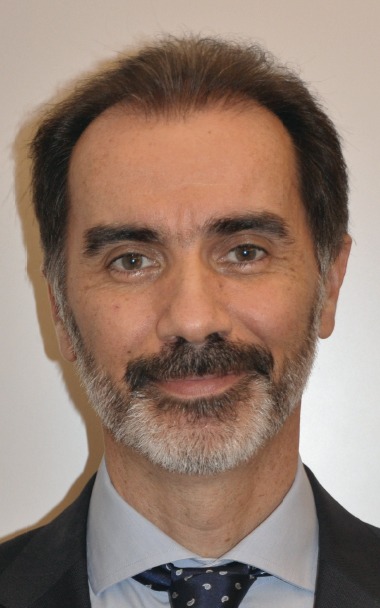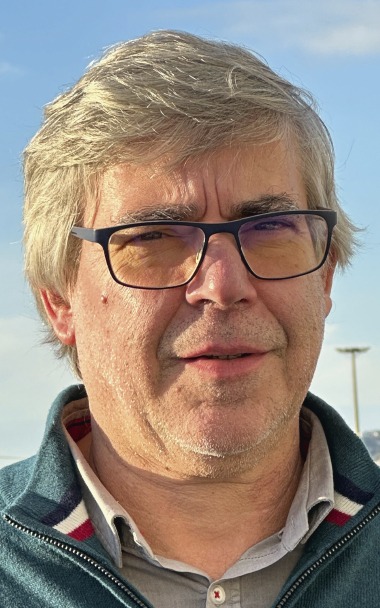The four of you formed a subspeciality working group – how has this group worked to ensure IR would become a subspecialty in Portugal? What role has CIRSE played in this effort?
This working group was formed by the Portuguese College of Radiology as part of the Portuguese Medical Association. This group included four IR representatives of big IR centres in Portugal. We worked together for the same goal, having several meetings, lobbing with colleagues, and ensuring a proper internal IR certification programme after concluding a radiology residency. After several joint meetings, a full IR subspecialty programme was presented to the Portuguese Radiology College and submitted for approval. Of course, IR awareness, IR recognition and patient needs came first. Our daily job, multidisciplinary hospital meetings, IR departments and units, IR advertising, APRI creation and CIRSE IR curriculum support played a huge role to have become accepted as an important part of radiology and medicine.
CIRSE, as a large organization representing interventional radiology, is the main scientific, pedagogical, educational support and stimulus for the creation of the IR subspecialty. CIRSE helped in providing the political and organizational backbone needed to overcome obstacles in achieving subspecialty status.




